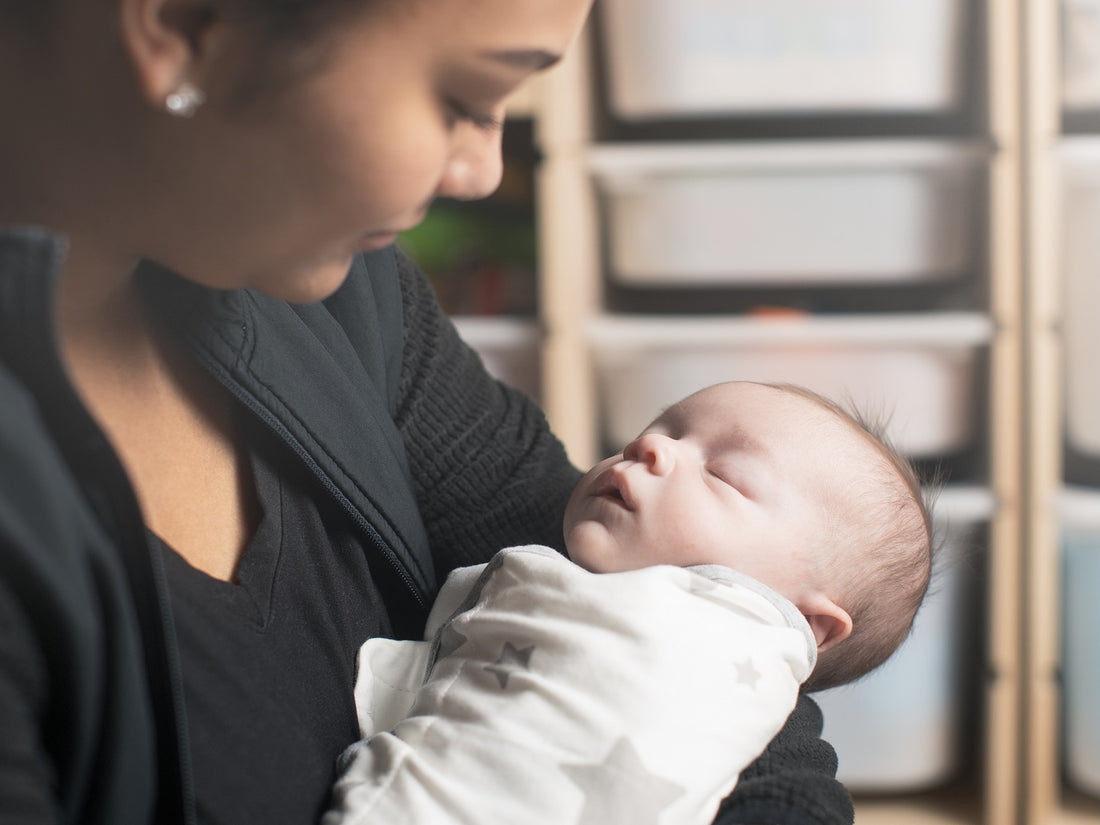If you’re a parent, you know that your baby’s skin is incredibly sensitive, prone to rashes, chafing and uncomfortable reactions. Let’s find out why this is a common issue and what steps we can take to minimise the chances of it happening to your baby.
What Makes a Baby's Skin so Sensitive?
There are a few reasons why a baby’s skin is so much more delicate than that of adults. Put simply, the cells are smaller, and the topmost layer is significantly thinner — meaning it is more absorbent and is worse at protecting the skin. This is the case until the age of two, when a skin barrier forms, making them less susceptible to irritation or reaction.
This makes a baby’s skin more permeable than adult skin, making it more susceptible to dryness and irritation. This means that a baby's skin is also less able to act as protection from environmental pollutants and irritants.
Common Skin Reactions for Babies
The most common newborn rashes are often caused by heat, chemicals, fragrances, dyes and detergents. These can irritate skin and lead to dryness and chafing, which in turn causes red patches on your baby’s body, commonly known as Erythema Toxicum or “newborn erythema”. It is also common to see irritation rashes around their mouth and chin from dribbling, as well as nappy rash, cradle cap and white bumps known as “milia”.
What Can You Do to Help Babies with Extra Sensitive Skin?
With all of this in mind, it is vital to take extra care when choosing the right fabric for baby clothes, wiping cloths, and skincare products.
Look for bathing or skin products that are specifically designed for sensitive skin, avoiding ones with harsh chemicals or fragrances. Fabrics that touch your baby’s skin can also be a source of discomfort and irritation — opt for organic cotton clothing and bedding to help reduce your baby's exposure to potentially harmful chemicals and dyes.
How Can Organic Cotton Help Babies with Extra Sensitive Skin?
Opting for organic cotton can help reduce the risk of a harmful skin reaction for your baby in a few key ways:
Organic cotton is made without harsh chemicals or pesticides and therefore has a much lower chance of causing a reaction from your baby’s absorbent and unprotected skin.
Organic cotton also has a highly breathable quality, which helps babies keep a stable temperature in hot weather. By keeping your baby cool, you are lowering the risk of irritation from sweat or heat rash.
Babies are also likely to suffer from irritated and red skin around their mouths, caused by excessive drool or the repeated action of wiping away food, drool or vomit. Super-soft organic cotton muslin cloths are ideal for mopping drool from food-covered faces without irritation.
Shop Little Seeds’ Organic Cotton baby clothes here!


